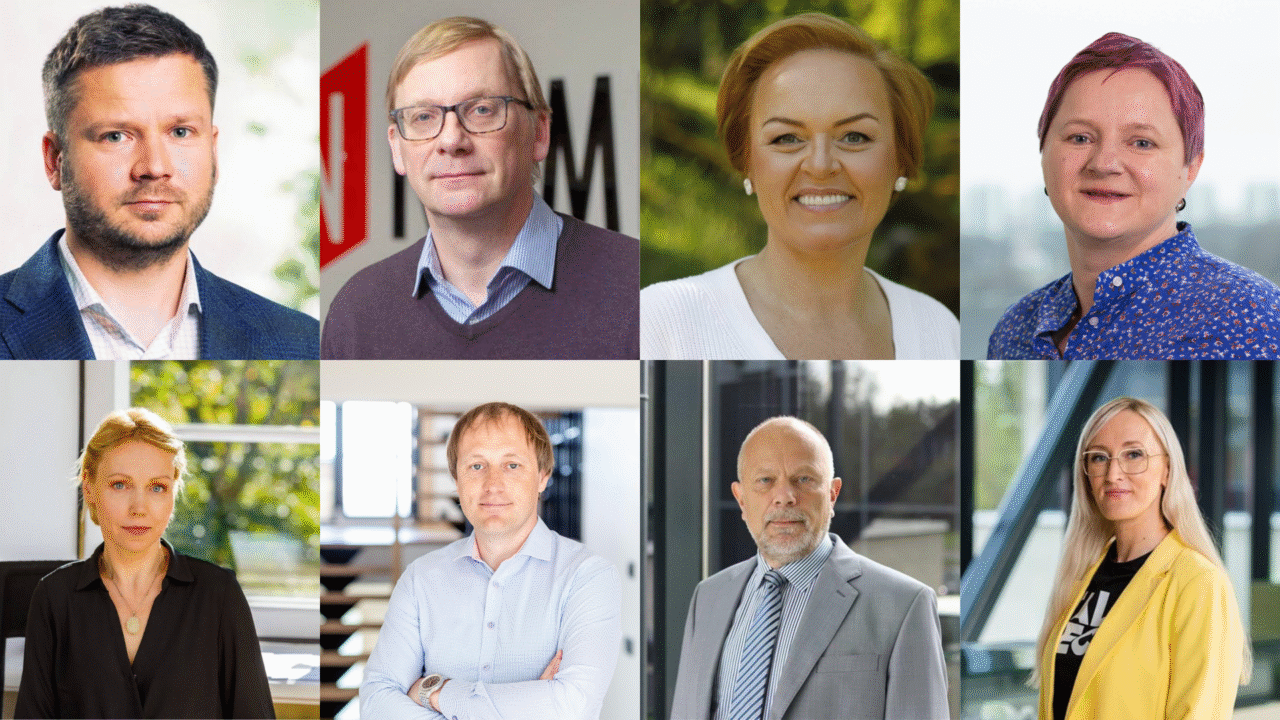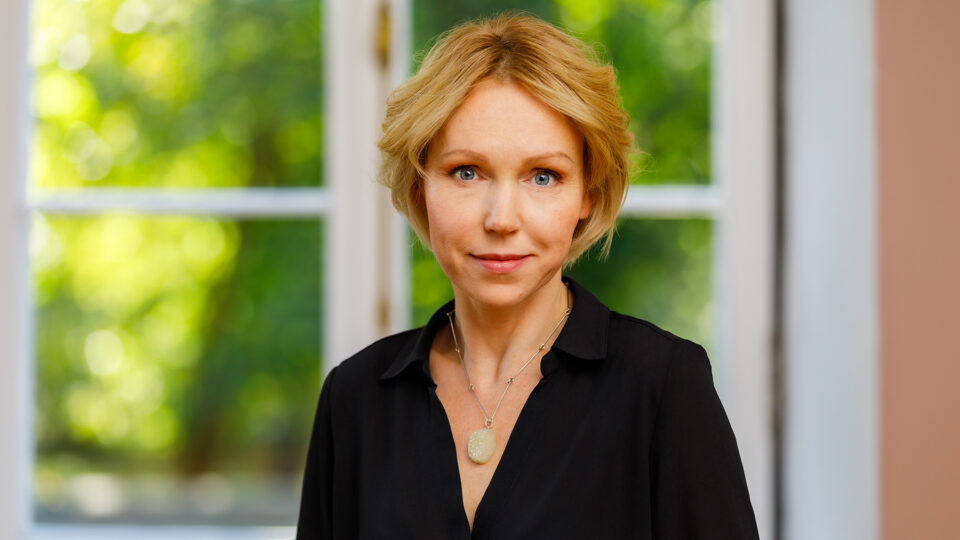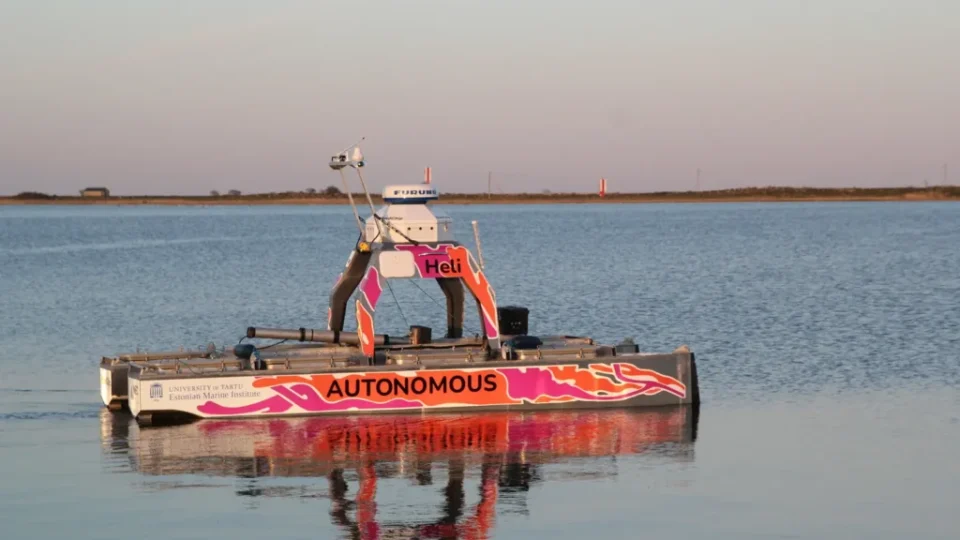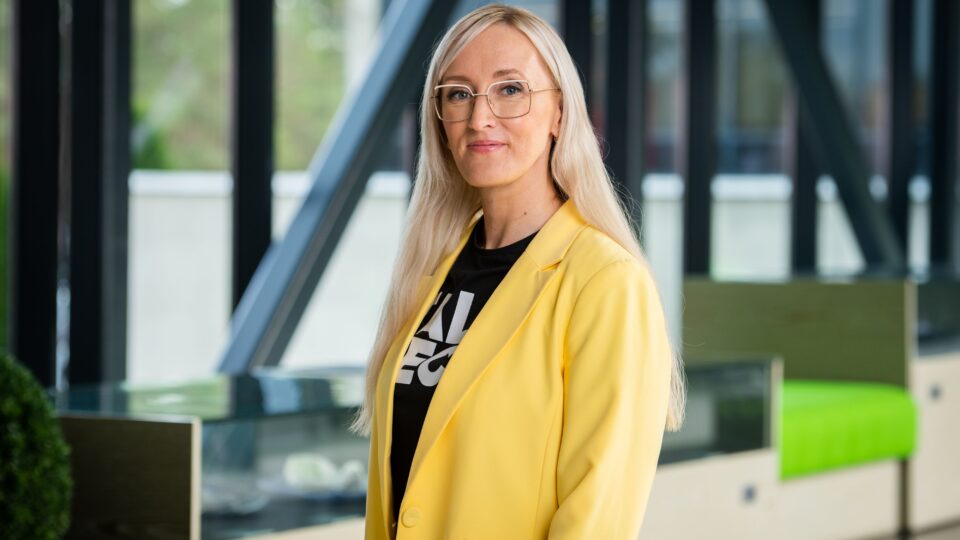The ideas presented in the finals of the “Successful Estonia” opinion competition by Äripäev provide clear answers to the question of who should shape our future. Remarkably, eight out of the top 13 participants had a TalTech background – scientists, entrepreneurs, and alumni for whom complex problems are not intimidating but inspiring. These visionaries not only highlighted challenges but also offered solutions. Whether it’s smart data usage, openness in education, cybersecurity, or fostering optimism, TalTech visionaries see further and think bigger.
The competition was won by TalTech alumnus and IT entrepreneur Taavi Kotka, whose idea was to offer motivating financial rewards to those who can solve nationally significant problems. This approach could replace bureaucratic reforms with practical results. The same logic applies to local governments – according to TalTech economics researcher Enn Listra, the revenue base of local governments could be linked to entrepreneurship, encouraging them to support economic development.
Data and autonomy: smart systems and cybersecurity
Tea Danilov, director of the Foresight Center and a TalTech alumna, emphasized that the sustainability of Estonia as a welfare state depends on the smart use of data. If the state could use personalized data to prevent diseases and unemployment, it would be a significant step forward for both individual well-being and the country’s financial efficiency. However, Danilov warned that personalized data use requires a social agreement and transparency – people must know and decide how their data is used.
This raises an important question – how can we ensure the secure and trustworthy use of data? Tiia Sõmer, a cybersecurity expert and postdoctoral researcher at the Estonian Maritime Academy, stressed that cybersecurity is not just a technical issue but a collective challenge – everyone must understand their role and know how to prevent threats. To this end, she proposed the CyberWaze system, which would help people identify and manage cyber threats. It is not just a technology but a tool for improving knowledge and awareness.
The dangers are not limited to cyberspace – they can also appear in very real and physical forms. Heigo Mõlder, a researcher at TalTech’s Department of Electrical Power Engineering and Mechatronics, pointed out that due to Estonia’s geopolitical location, its underwater infrastructure is constantly at risk. The solution could be a strategic investment in autonomous patrol ships and underwater drones capable of detecting and countering threats. Such a system would protect energy networks and underwater cables, providing not only security but also supporting economic and technological development.
Education and knowledge made practical and accessible
Anneli Andersen, head of Export2Norway, a company providing export consulting to the Norwegian market, and Heikki Sal-Saller, partner at the communication and public relations agency In Nomine – both TalTech alumni – focused on education as a key to Estonia’s success, though from different perspectives. Andersen believes that the lectures of Estonian universities and vocational schools should be digitally accessible to everyone, allowing anyone to upskill and gain new knowledge. Learning should not be a privilege for the few.
Sal-Saller, on the other hand, emphasized the need to highlight the value of vocational education. In his view, this form of education needs a more positive image, as the demand for vocationally trained specialists is growing. The state could declare a “Year of Vocational Education,” showcasing the value of various professions and raising young people’s awareness that vocational training is not a “second choice” but a practical and rewarding career path.
Optimism and cooperation: the mental foundation of Estonia’s success
One decisive factor in Estonia’s success cannot be ignored – mindset. TalTech alumnus Birk Rohelend recalled that Estonia’s success has often been born out of optimism and belief in a better future. He believes that negativity and toxic behavior stifle creativity and cooperation, while optimism and a supportive attitude bring out the best in individuals and communities alike.
Rohelend stressed that a truly successful society is not one where everyone focuses solely on themselves, but one where people inspire and support each other. Whether it’s a young scientist, an experienced entrepreneur, or a bold innovator – a positive and collaborative environment allows them to shine.
TalTech provides the foundation for bold ideas and practical solutions that shape Estonia’s future.




